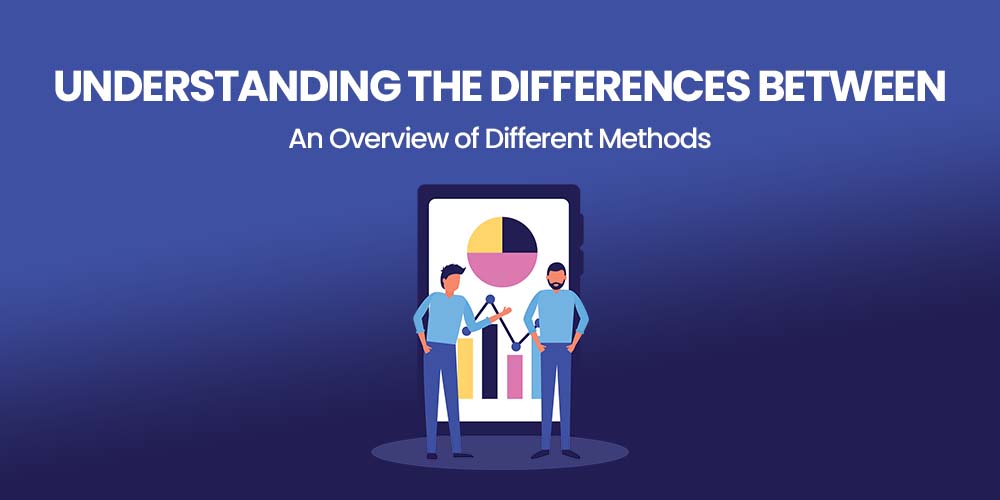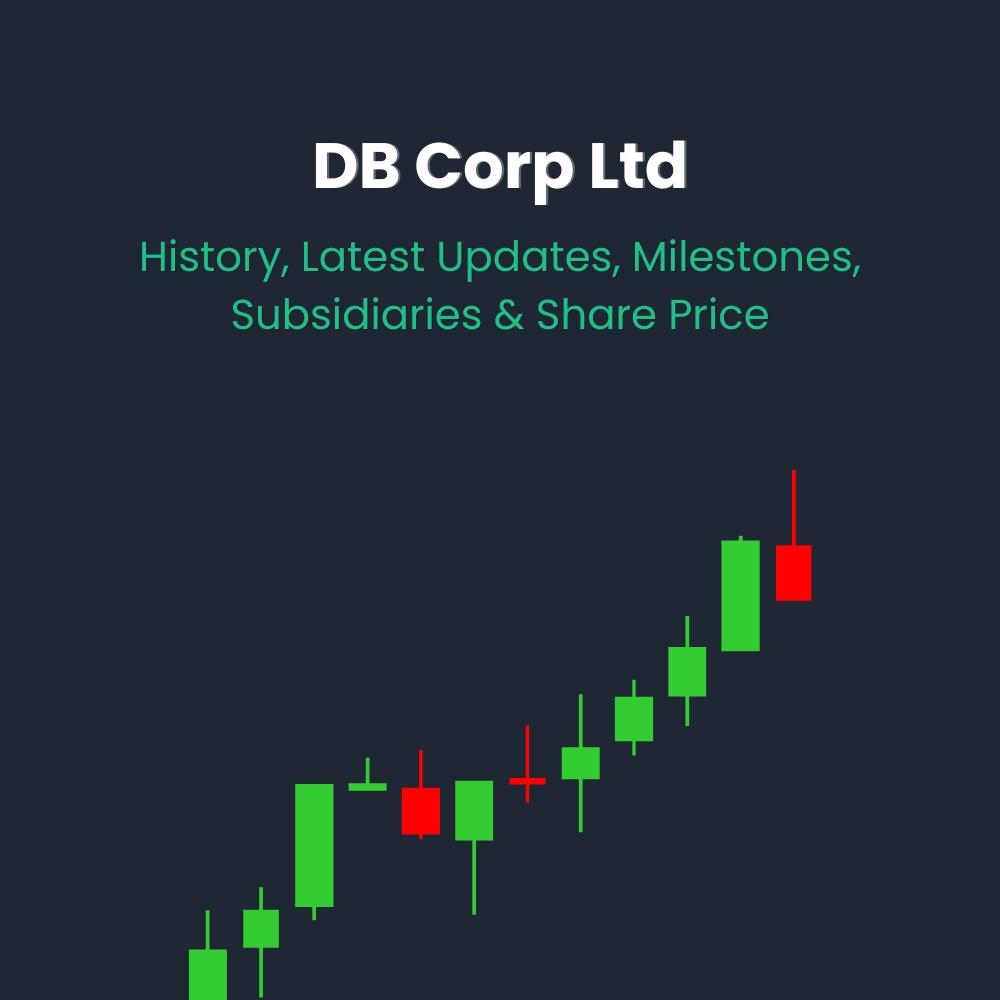Understanding the Differences Between Shareholders and Debenture Holders
Shareholders and Debenture holders are pivotal in a company's financial structure. Both shareholder and debenture holder contribute towards a company’s financial requirement, but the role played by them are different.
Ownership vs. Lending
|
Share Holders |
Debenture Holders |
|
Shareholders hold a part of the company’s ownership proportional to their shares. |
Debenture holders are creditors who lend money to the company. |
|
The Shareholders are owners of the company until the company exists. |
Debentures are creditors of the company only until their debentures are redeemed. |
Who is a Shareholder?
A shareholder may be an individual or an entity who owns shares in a company by purchasing its shares. The rights and responsibilities of a shareholder are explained in the Memorandum of Association. Shareholders do not receive any income other than dividend during their ownership. They can only resell their shares at market price which may provide them profit or loss.
Who is a Debenture Holder?
Debenture holders are individuals or entities who purchase long term debt instruments issued by the company. Debenture holders periodically receive interest at a fixed rate and the principal amount is paid back when the debenture is matured or redeemed.
Key Differences
|
Share Holders |
Debenture Holders |
|
Ownership : They own the company proportionate to the amount of the company's shares. Upon liquidation of the company, shareholder’s can claim on its assets and earnings. |
Creditorship: They are lenders to the company who receive a periodical interest payment until maturity or repayment of their principal by the company. |
|
Voting: They can elect the board of directors of the company or vote on any major company decisions. |
Voting : They can neither participate in voting nor in company management decisions. |
|
Returns: Based on the company’s performance, they receive dividends. |
Returns : A fixed interest is paid to them regularly until maturity or principal is repaid. |
|
Trust Deed : No trust deed is required |
Trust Deed : A trust deed is executed before debentures issue. |
|
Convertibility : Shares cannot be converted into debentures |
Convertibility : Convertible debentures can be converted into shares. Upon conversion, debenture holders obtain voting rights. |
|
Company Liquidation : They receive their share after settling all dues . Higher risk |
Company Liquidation: Holds the highest preference on the company’s assets. |
Conclusion
To make a well-informed investment decision, an investor needs to understand the difference between a shareholder and debenture holders.
Shareholders own a part of the company proportionate to their shareholding and also participate in a company’s profit earnings and management decisions.
Whereas debenture holders receive a regular fixed interest but have no voting powers. This basic knowledge helps investors to manage financial risks and align investment strategies with their financial goals.
Invest in Enrich Money to gain expert guidance on navigating the differences between shareholders and debenture holders, ensuring informed investment decisions and optimized financial growth. Trust Enrich Money for tailored solutions that maximize returns and minimize risks.
Frequently Asked Questions
What is the primary difference between shareholders and debenture holders?
Shareholders own a part of the company, while debenture holders lend money to the company.
Do shareholders and debenture holders have voting rights?
Shareholders have voting rights; debenture holders do not.
How do shareholders and debenture holders earn returns?
Shareholders earn dividends based on the company’s performance; debenture holders receive fixed interest payments.
Can debentures be converted into shares?
Some debentures are convertible into shares, granting voting rights to debenture holders upon conversion.
What happens to shareholders and debenture holders during company liquidation?
Shareholders are last to be paid and bear higher risk; debenture holders have a priority claim on the company's assets.
Related Stocks:
Power Grid Corporation Of India Ltd.
Disclaimer: Welcome to our educational blog! The insights shared about securities and investments here are for informational purposes only. They're like stepping stones for your research journey, not direct advice. Remember, the financial markets are full of surprises, so dive deep into all relevant information before you decide to invest. Keep in mind, the past performance of investments isn't a crystal ball for the future. Stay informed and invest wisely!




